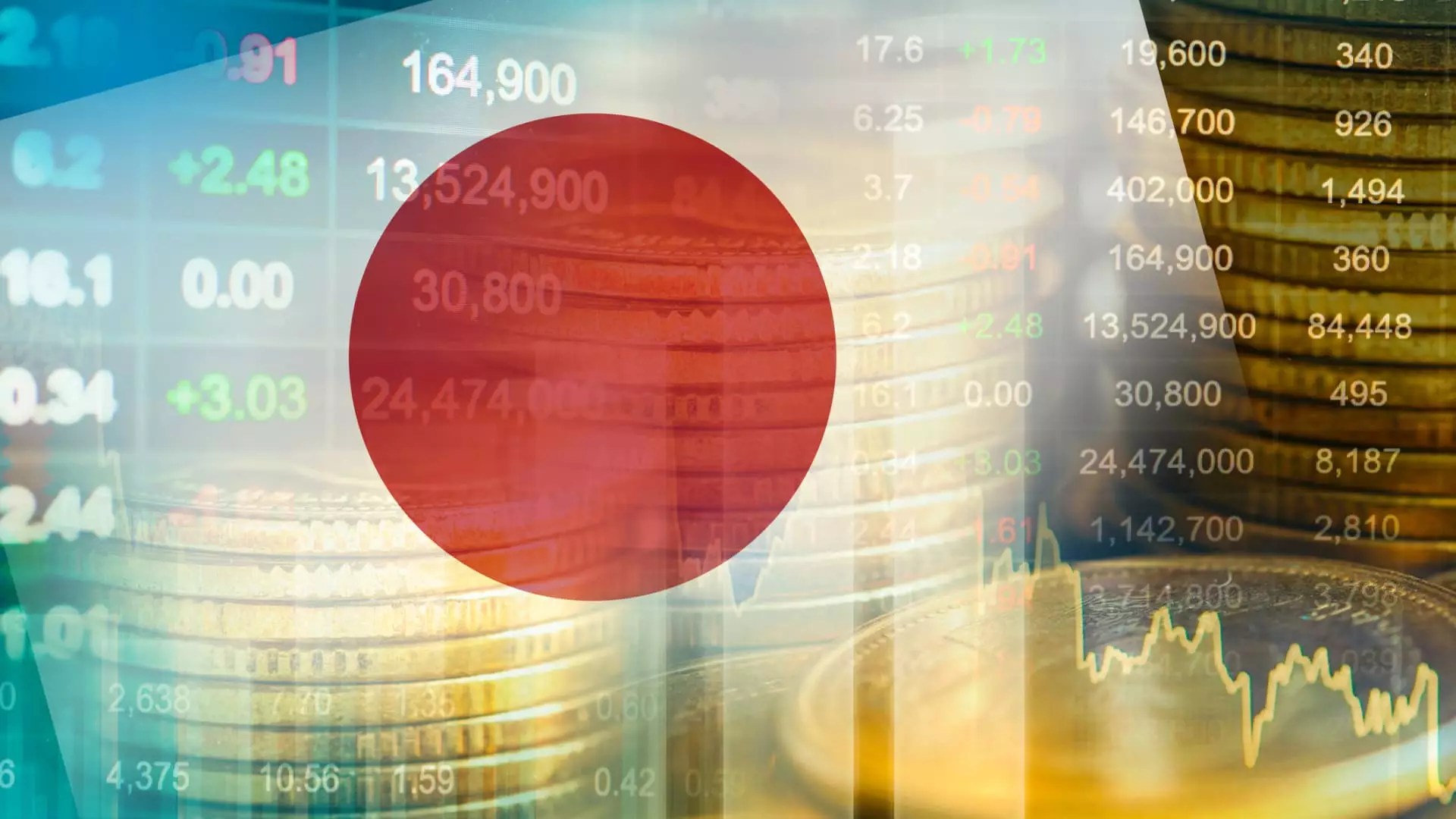Last year, the total value of private equity deals in Asia Pacific dropped to its lowest level since 2014. This decline was accompanied by a 10-year low in fundraising due to factors such as slowing growth, high interest rates, and volatile public markets. However, amidst this general downward trend, Japan stood out as an outlier. The deal value in Japan surged by 183% in 2023 compared to the previous year, making it the largest private equity market in Asia Pacific for the first time. According to Bain’s 2024 Asia-Pacific Private Equity Report released on Monday, Japan’s attractiveness as an investment destination stems from its deep pool of target companies with significant potential for performance improvements. Moreover, there is pressure on Japanese corporations to undergo corporate governance reforms by disposing of non-core assets.
Despite Japan’s exceptional performance, the overall deal value in the Asia-Pacific region witnessed a sharp decline of over 23% to $147 billion in 2023 compared to the previous year. This figure is also 35% lower than the average value observed from 2018 to 2022. The decline in deal value is consistent with the global economic slowdown and is nearly 60% lower than the peak value of $359 billion recorded in 2021. Additionally, exits in the private equity space plummeted by 26% to $101 billion in 2023 compared to the previous year. Out of these exits, 40% were achieved through initial public offerings. Greater China dominated the IPO exit value in Asia Pacific, with the majority of listings taking place in Shanghai and Shenzhen. Excluding Greater China IPOs, the total exit value in the Asia-Pacific region was $65 billion.
Looking ahead to 2024, the outlook for exits in the private equity sector remains uncertain. Despite this uncertainty, successful funds are not waiting for market conditions to improve. They are actively pursuing strategies to meet their target returns by highlighting the value of deals to potential buyers through comprehensive strategy reviews. This proactive approach enables funds to reduce their inventory of aging assets and deliver returns to limited partners, even in a depressed exit market scenario. Many leading private equity firms are exploring alternative asset classes such as infrastructure operations with medium to high returns, including renewable energy storage, data centers, and airports.
Some key highlights from Bain’s 2024 Asia-Pacific Private Equity Report include:
– Buyouts accounted for 48% of the total deal value in Asia Pacific in 2023, surpassing the value of ‘growth deals’ for the first time since 2017.
– Despite a declining pool of investors, private equity returns remain more attractive than returns from public markets over a five, 10, and 20-year horizon.
– The timing of a potential recovery remains uncertain, although there were some signs of improvement towards the end of last year.
– Emerging technologies such as generative artificial intelligence hold great promise as areas for future investment opportunities.
– Japan, India, and Southeast Asia are viewed favorably for private equity investments in the next 12 months, as indicated by Preqin’s 2023 investor survey.
While the private equity landscape in Asia Pacific faced challenges in 2023, there were pockets of resilience and opportunities for growth. Through strategic innovation and a proactive approach, private equity firms can navigate the uncertain economic environment and capitalize on emerging trends in the market.


Leave a Reply